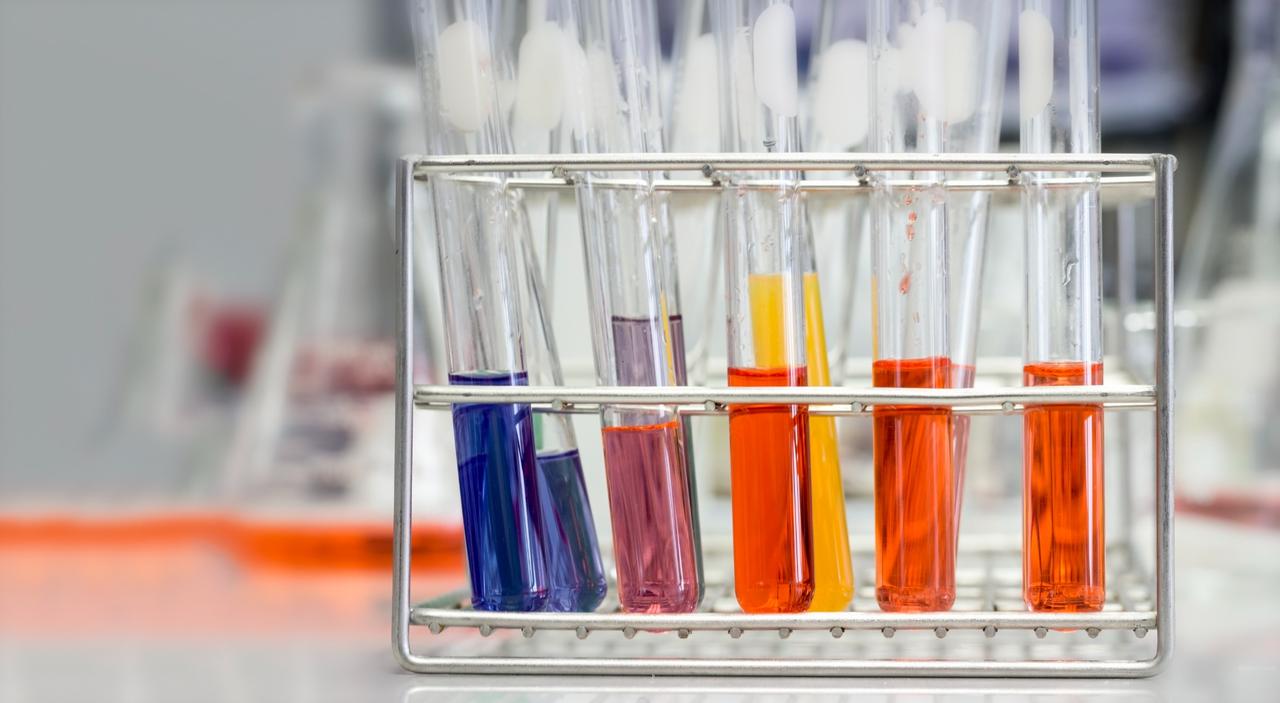What Are Endocrine-Disrupting Chemicals?

Endocrine-disrupting chemicals (EDCs) are substances that can interfere with your body’s hormones and the signals they send. Because hormones act in tiny amounts, even small disruptions can affect growth, metabolism, reproduction, and mood over time. Below, we explain what EDCs are, where they’re found, how to reduce exposure, and when to see a specialist if you’re concerned.
What Are Endocrine Disrupting Chemicals?
EDCs are natural or human-made substances that can mimic, block, or otherwise change normal hormone activity. They may look enough like a hormone to activate the body’s receptors, or they may get in the way of a hormone binding where it should.
The endocrine system includes glands such as the thyroid, pancreas, ovaries, and testes. These glands release hormones that help regulate growth and development, metabolism, reproduction, sleep, and mood. When EDCs interfere with those signals, the body’s balance can shift. If you have questions about hormone health, learn more about endocrinology at Baptist Health.
How Do Endocrine Disruptors Affect the Body?
Hormones work by binding to specific receptors on or in cells. Some EDCs imitate a natural hormone, bind to its receptor, and trigger a response at the wrong time or in an exaggerated way. For example, a chemical that imitates estrogen could encourage cell growth when it isn’t needed.
Other EDCs block normal signals. They may sit on a receptor without activating it, preventing the real hormone from doing its job. That blockage can reduce or change a needed response.
EDCs can also affect how hormones are made, transported, broken down, or excreted. Changes at any of these steps can shift overall hormone levels and the body’s sensitivity to them.
Because the endocrine system is finely tuned, even modest disruptions—especially during sensitive times like pregnancy, infancy, and puberty—can have outsized effects.
Examples of Endocrine Disrupting Chemicals
EDCs come from many sources. The list below highlights common examples you may hear about and does not include every possible chemical.
- Bisphenol A (BPA)
- Phthalates
- Per- and polyfluoroalkyl substances (PFAS)
- Triclosan
- Polychlorinated biphenyls (PCBs)
- DDT residues (from past use)
Where Are Endocrine Disruptors Found?
EDCs can be present in air, water, soil, and consumer products. Some enter the environment through manufacturing and agricultural processes and can move through water systems and the food chain.
At home, certain products and packaging can be sources of exposure. Reading labels and handling food and water thoughtfully can help you limit contact.
- Food packaging
- Personal care products
- Household cleaners
- Nonstick cookware
- Contaminated drinking water
Are Endocrine Disrupting Chemicals Harmful?
Research continues to examine how different EDCs affect human health. Findings have linked some exposures to reproductive problems and certain cancers, as well as developmental and metabolic concerns. The level, timing, and combination of exposures all matter.
For most people, day-to-day exposure to any single EDC is likely low. However, people are often exposed to more than one chemical at a time, and the long-term effects of combined exposures are still being studied.
If you’re experiencing symptoms that could be related to hormone imbalance—such as changes in weight, energy, mood, or menstrual patterns—learn more about hormonal imbalance and consider speaking with a specialist.
How to Avoid Endocrine Disrupting Chemicals
You can’t avoid EDCs completely, but small, consistent choices can reduce exposure for you and your family.
- Choose fresh, whole foods; processed foods and their packaging may contain EDCs.
- Limit canned foods to reduce contact with BPA-lined cans.
- Use glass or stainless-steel containers for food storage and drinking water.
- Look for personal care products labeled free of phthalates and similar chemicals.
- Filter your drinking water with a high-quality filter appropriate for your water source.
- Dust and vacuum regularly; some EDCs can collect in household dust.
When to Talk to an Endocrinologist
Consider seeing an endocrinologist if you have ongoing concerns about hormone-related symptoms, a known exposure to high levels of EDCs, or a family history of endocrine disorders. A specialist can review your history, order appropriate tests, and discuss next steps.
If you’re ready to find a provider, explore our provider directory or call 1.866.202.0420 to schedule with Baptist Health Endocrinology today.
Next Steps and Helpful Resources
Learn More About Endocrinology at Baptist Health
Pregnancy & Diabetes
What Is Type 2 Diabetes?
How Do Doctors Test for Diabetes?
10 Nutrition Tips for Someone With Diabetes



